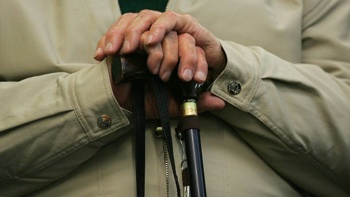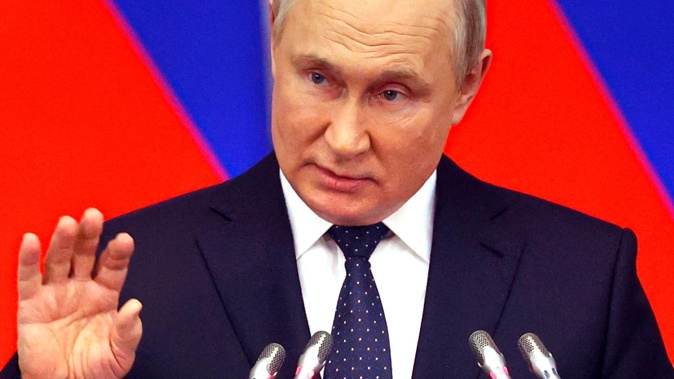
Russia's revived invasion of Ukraine appears to have fizzled, suffering minimal gains and heavy losses once again on the front lines.
It's blunt. But President Vladimir Putin's ambitions of empire remain unlikely.
Even his own commanders appear to think so.
"The conclusion, unfortunately, is bleak," Russian intelligence officer and commander Igor Girkin wrote on his Telegram social media channel. "In the best-case scenario, the enemy will be slowly 'pushed out' of the Donbas with large losses (for both sides, of course) across many weeks and possibly many months."
After early heavy losses, the Kremlin "recalibrated" away from a general invasion of Ukraine towards a more focused effort against the Donbas region.
But the Ukrainian coastal city of Mariupol remains a thorn in the invading force's side after more than two months of fighting.
And this week, Russia reportedly lost three of its modern Su-30 air superiority fighters in two days. That's despite parts of the Donbas – Donetsk and Luhansk – having been under Russian separatist control since 2014.
But analysts warn the fight isn't over yet; that the slow-moving scrum will continue for some time to come.
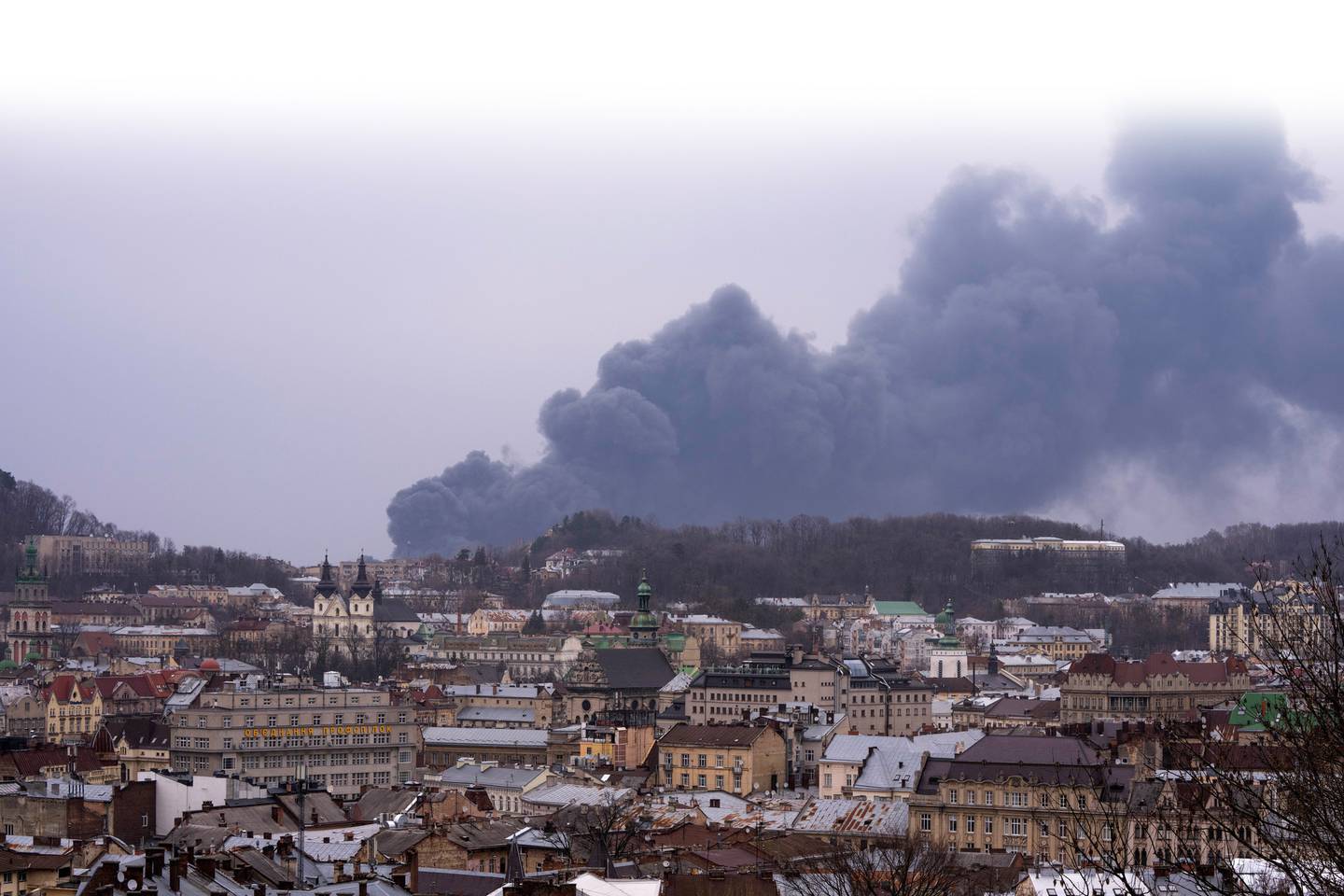
Smoke rises in the air in Lviv, western Ukraine, Saturday, March 26, 2022. Photo / AP
The loser will be the side that runs out of aircraft, tanks, bombs and bullets first.
Battlefield expansion
Ukraine has broadened its resistance efforts towards attacking Russian supplies at their source. Railways have been sabotaged. Fuel supplies have been blasted. Ammunition dumps ignited.
And many have been well within Russian territory.
Now Moscow has adopted a similar tactic.
It's begun targeting rail junctions, electrical facilities and supply routes bringing NATO weapons and material to Ukrainian defenders in the east of their country.
But this is yet to have any apparent effect.
"It's not clear that they've been very accurate in trying to hit that critical infrastructure, and there's been no perishable impact that we've seen to impeding or in any other way obstructing with the Ukrainians' ability to replenish and restore themselves," a senior US defence official said on Thursday.
He said almost all the 90 artillery pieces promised to Ukraine had now been delivered and dispersed to the front lines. Some 90,000 rounds of howitzer ammunition have also been supplied.
Meanwhile, the fighting largely remains in a stalemate.
"As (Russian troops) continue to try to move south and southeast, they are continuing to meet with greater concentrations of Ukrainian forces and a stiffer resistance, so they still remained stalled in general.
"Overall, the enemy is defending competently, fiercely. It controls the situation and its troops," agrees Russia's Girkin.
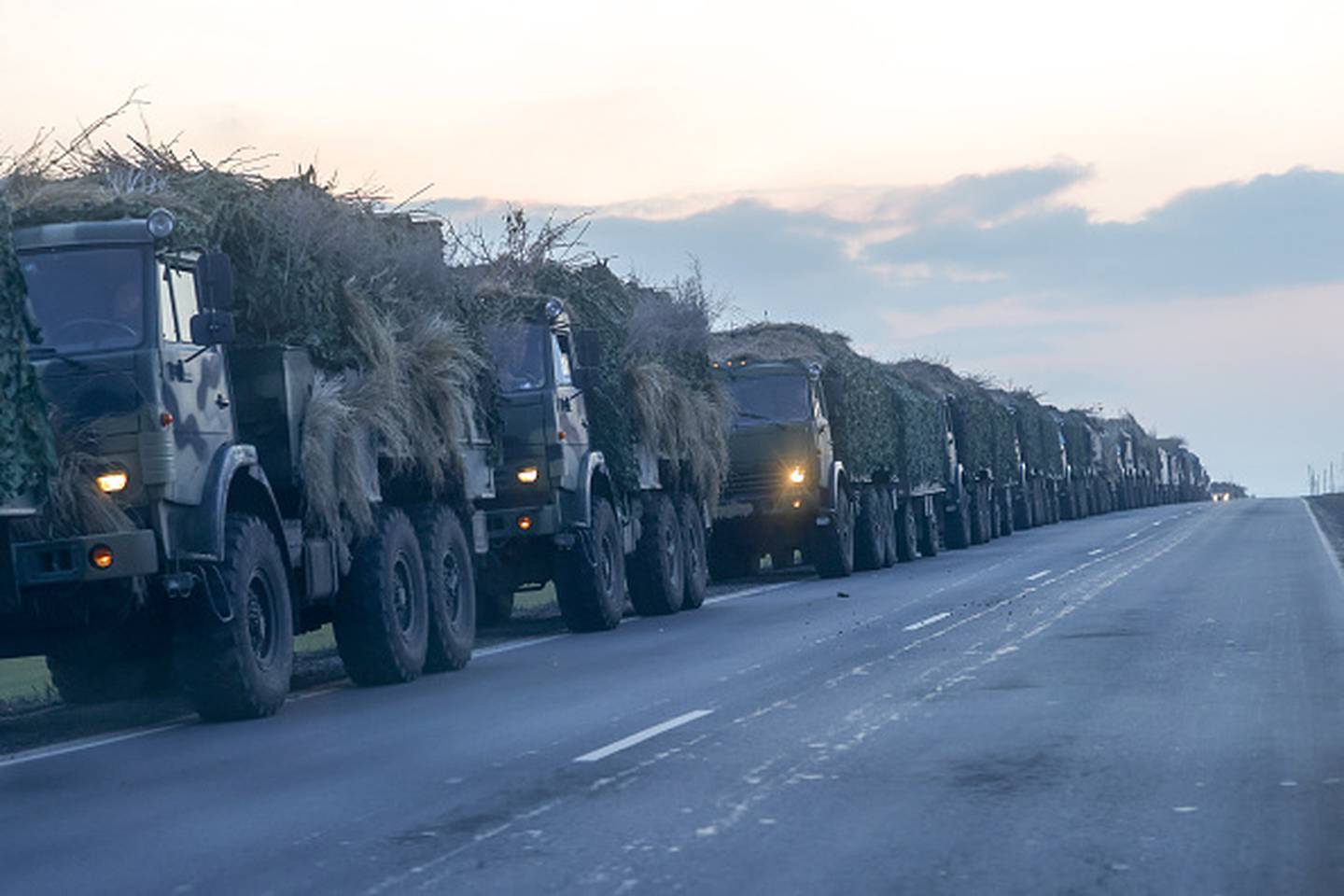
A convoy of Russian military vehicles is seen as the vehicles move towards border in Donbas region of eastern Ukraine. Photo / File
Slow but steady wins the war?
Slow. Stalled. Stuck. The language used by the US and European defence officials continues to paint a picture of Russian failure.
But some analysts argue this may be more a sign of caution among Russian commanders stung by the reckless "thunder run" towards the Ukrainian capital in the war's opening days.
For the first time in the war, President Putin has appointed a supreme commander with oversight over the invasion – Army General Aleksandr Dvornikov. While advances have been limited since he took control, so – apparently – have his ambitions.
Northern Russian forces are concentrating around the Ukrainian town of Izyum while retreating from other areas in the Kharkiv district.
To the South, Russian troops appear to be digging in near the towns of Velyka and Novosilka.
Military analysts believe he may be setting up his forces for a pincer-movement battle to cut off the Donbas from the rest of Ukraine.
But doubts persist over whether or not this is by design.
"Russia still faces considerable challenges. It has been forced to merge and redeploy depleted and disparate units from the failed advances in northeast Ukraine," the British Defense Ministry said this week. "Many of these units are likely suffering from weakened morale."
"They aren't dragging out this for fun," Swedish Defense Research Agency analyst Johan Norberg told RFE. "The vast majority of Russian power has been consumed by now – after two months, they've taken a pretty heavy beating in terms of fatalities, and they've lost lots of equipment, they have very little choice but to do it more slowly and methodically."
Banquet of consequences
Institute for the Study of War (ISW) analysts Frederick Kagan and Mason Clark say few believed Ukraine could repulse an invasion by a nation with an economy nearly 10 times its own.
"And yet Ukraine has held on."
The analysts argue in the journal Foreign Affairs that many factors are at play behind the failure.
"Ukrainian heroism and remarkably intelligent and adaptive fighting techniques are major ones. Russia's failure to prepare for serious Ukrainian resistance and, therefore, to develop supply systems that could support a prolonged assault on northern Ukraine is another."
But this is not enough to explain Moscow's' position alone, they add.
"Instead, analysts must consider a problem for Russia that is far more fundamental: its invasion plan itself was shockingly bad."
There was no focus on critical military objectives.
The forces used were not tailored to their missions.
There was no prioritisation – all objectives were assaulted at once.
And there simply wasn't enough firepower committed to overwhelm defenders.
"Russia knows these principles well," the ISW analysts write. "But in Ukraine, it violated every one of them."
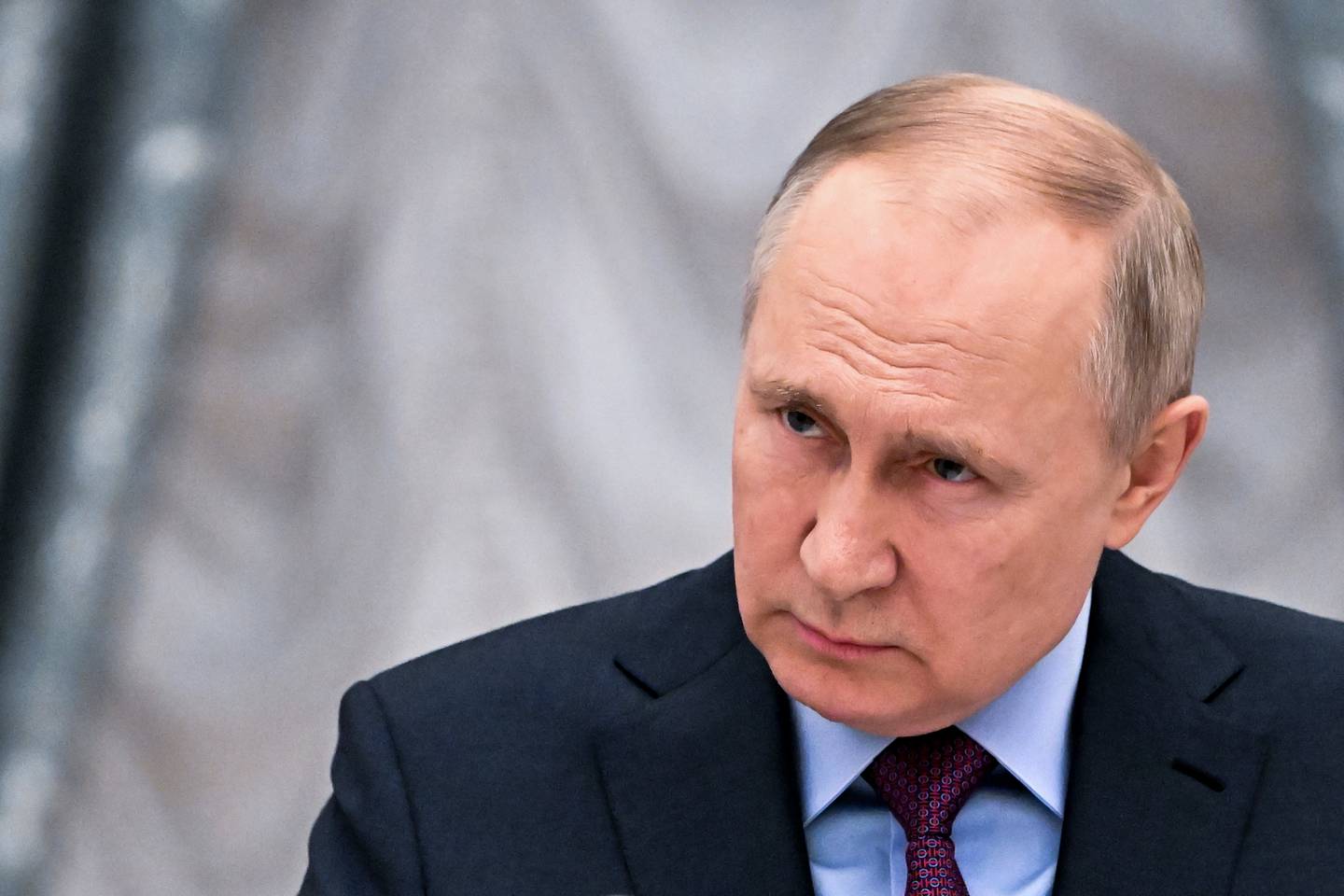
Russian President Vladimir Putin. Photo / File
But some of these old lessons have been relearned – at extreme cost.
"Russia may yet win the next phase of the war," they warn.
Russia's retreat has reduced its logistics problems.
By focusing on eastern Ukraine, it can concentrate its forces
And its strength, "although surprisingly depleted", remain larger than Ukraine's.
"But Russia's military leadership seems not to have rediscovered how to follow proper campaign design principles, a fact that is already compromising its renewed offensive," they conclude. "It may again lead to failure."
- by Jamie Seidel, news.com.au
Take your Radio, Podcasts and Music with you









